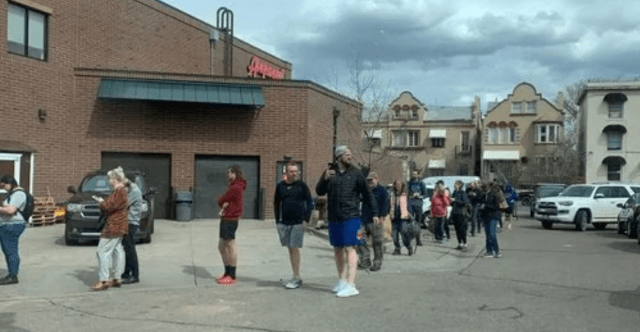
This stigma is strong. The stigma is the enemy. Sometimes – quite often, really – the stigma is what keeps us drinking. I spent ten years in active alcoholism. Much of that time was spent trying to get out while being pulled back in by the shame and stigma. Sometimes – quite often, really – the stigma is perpetuated from within the walls intended for healing.
When I read Victoria’s story about shame and stigma, I asked if I could publish it here. She not only understands the incarceration of the stigma, she describes it as well as I’ve ever heard it described. I’m betting you’ll resonate with Victoria’s words, too.
***
“Hello, my name is Victoria, and I am an alcoholic.”








 I sat crouched in the woods behind my house as the driving rain continued to lash my thoroughly drenched body. The temperature had dropped into the 40s, and I wasn’t wearing a jacket because I hadn’t planned to spend any time outside. I was drunk. Beyond drunk, really. I was in blackout territory as the lights of my teenage memory flickered in and out.
I sat crouched in the woods behind my house as the driving rain continued to lash my thoroughly drenched body. The temperature had dropped into the 40s, and I wasn’t wearing a jacket because I hadn’t planned to spend any time outside. I was drunk. Beyond drunk, really. I was in blackout territory as the lights of my teenage memory flickered in and out.